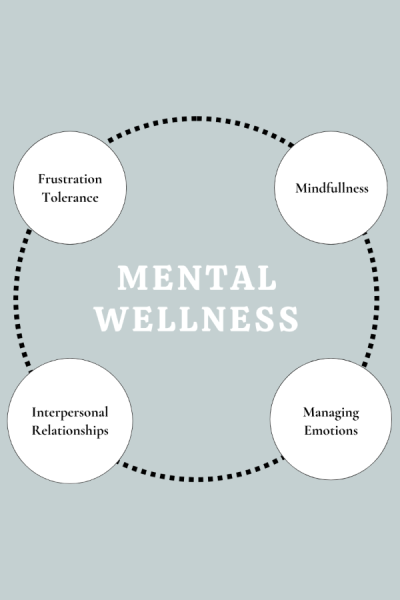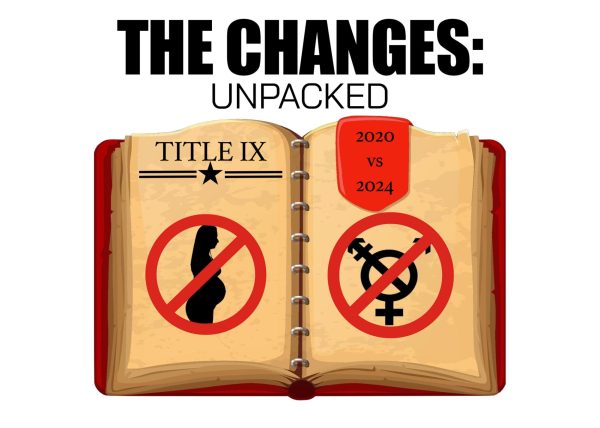Vaccinations are crucial to society
Forgoing vaccinations has become a trend in the last several years for various reasons — potential hazards to other areas of health, religion and political stances. However, this mentality is causing more harm than good, and its impact ripples further than solely hurting the individual choosing not to be immunized.
Polling suggests that up to three out of 10 Americans choose to decline vaccines.
Many people decline vaccinations as a result of an illegitimate study, that has been discredited, whose supposed findings discovered that autism in children is linked to immunizations. The American Academy of Pediatrics as well as the Centers for Disease Control and Prevention (CDC) ensures that this experiment was misconducted and the results are incorrect through five cohort studies and five case studies including 1.25 million children in total. It ultimately concluded that there is no evidence of vaccines being linked to a risk of developing autism.
For the most part, vaccines allow individuals to remain free from preventable diseases and the potentially lifelong repercussions the illnesses can inflict. When people choose not to immunize themselves or their children, outbreaks are more likely to occur by cause of a decreased level of herd immunity.
This concept revolves around the notion that a certain percentage of the citizens of an area must be vaccinated in order to protect the citizens who cannot receive immunizations due to a weakened immune system — often organ transplant recipients or people with cancer — or those who are too young. Once the herd immunity for a particular condition is high enough, the illness has the potential to be completely eradicated from the society so long as the percentage of herd immunity is maintained.
According to the CDC, “a vaccine is a safer substitute for a child’s first exposure to a disease because the child gets protection without having to get sick.” Through immunizations, children can develop their immune systems without suffering from the sickness itself.
Serious side effects from vaccines are very rare as a result of the considerable amount of time spent researching and testing the various chemicals and pathogenic strain by scientists, doctors and the federal government. The National Foundation for Infectious Diseases claims that vaccines are actually one of the safest medical products because of the intense testing they undergo.
Even with all of this knowledge readily available and the encouragement for people to immunize themselves or their children, vaccine-preventable diseases have not gone away entirely. In a world in which a person can travel across the globe in one day, infection can be spread quite easily due to the fact that many of these conditions are still prevalent in other parts of the world.
Today, one of the most dangerous conditions that is continuing to impact countries on a global scale is measles, and it is also one of the most contagious.
The World Health Organization estimates that 450 children die each day from the ailment. According to the U.S. Department of Health and Human Services, “if one person has it, nine out of 10 people close to that person who aren’t immune will also get measles.”
The herd immunity for this sickness is decreasing in the U.S. as a result of the popularity of opposing the opportunity to vaccinate children. It is especially important for each citizen who is able to receive the vaccine for measles to do so because the required herd immunity is much higher than what is required for other illnesses, at 93-95 percent.
Since 2010, the U.S. has been experiencing an increase in the number of measles outbreaks and cases. An outbreak is three or more cases that can be linked together. Considering the fact that measles was documented as a disease that has since been eliminated in 2000, this is rather concerning for our nation as a whole. In 2018, 21 states as well as the District of Columbia have been affected by measles outbreaks and cases. This midyear report is also higher than that of most years.
Although, there is a national policy in place regarding immunizations, it needs to be ratified so that it becomes stricter overall. There should not be enough leeway for herd immunity to diminish considerably for ailments since many of them do have the ability to be prevented.












